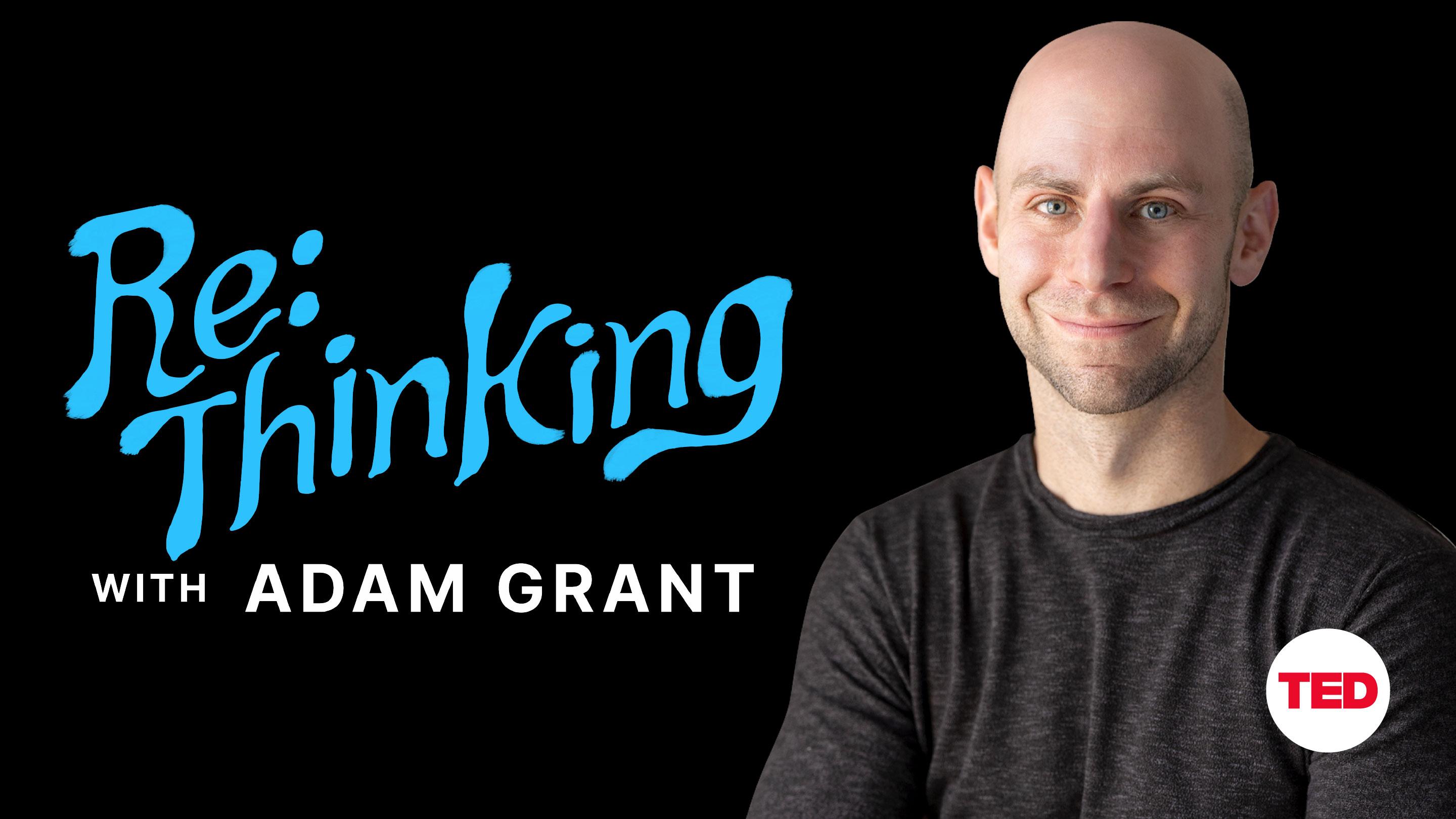
Sunday Pick: Yuval Noah Harari on what history teaches us about justice and peace

TED Talks Daily
Deep Dive
Why do our concepts of fairness often lead to conflicts and catastrophes?
Our ideas of fairness are human-invented stories that don't align with the universe's reality. When we try to impose these subjective concepts on the world, it often leads to conflicts and catastrophes, as people see those who oppose their vision of fairness as evil.
What is the fundamental difference between justice and peace?
Justice is subjective and varies among individuals, cultures, and religions, while peace is more objective, focusing on whether people are being killed or not. Peace is a matter of reality, not belief.
Why should we prioritize peace over justice if we must choose?
Peace is more objective and achievable than a completely just society, which is impossible due to differing definitions of justice among people. Peace ensures survival and safety, which are more tangible goals.
How do stories about history and justice influence conflicts and peace?
Stories about history and justice, such as fascist, communist, and liberal narratives, shape how people perceive conflicts. These stories can either promote cooperation based on shared human experiences or escalate conflicts by framing them as inevitable power struggles.
Why is nonviolent resistance more effective than violent resistance?
Empirical evidence shows that nonviolent resistance campaigns are significantly more effective than violent ones, even when overthrowing authoritarian governments. Nonviolent methods build broader support and are less likely to escalate conflicts.
Why is there a resurgence of violence and conflict in recent years?
The resurgence of violence is due to people gravitating towards seeing the world in terms of inescapable conflict and power struggles. This mindset, shaped by changing stories and beliefs, leads to more violence and less focus on cooperation.
How can we disrupt the self-fulfilling prophecy of violence and conflict?
By recognizing that violence is not an inevitable part of human nature and that history shows periods of both peace and conflict, we can work towards creating more peaceful societies. This involves changing our stories and focusing on cooperation over conflict.
Why do humans often fight for reasons different from other animals?
Humans often fight over imaginary stories and beliefs, such as ideologies and national identities, rather than basic needs like food and territory. This makes conflicts more about mental constructs than physical survival.
What is the best reason to learn history according to Yuval Noah Harari?
The best reason to learn history is to free oneself from the past and imagine alternative destinies. This involves understanding how historical narratives can hold us captive and prevent us from creating a more peaceful future.
How does the rise of AI impact culture and society according to Harari?
AI has the potential to take over culture, including art and religion, creating entirely new styles and belief systems that could influence global society. This shift is more concerning than AI's impact on technology and tools.
- Stories about fairness and justice are often human inventions that don't align with reality.
- Attempts to impose perfect fairness can lead to severe conflicts and wars.
- Peace often requires compromises on subjective notions of justice.
Shownotes Transcript
Each Sunday, TED shares an episode of another podcast we think you'll love, handpicked for you… by us. Yuval Noah Harari is a historian best known for his book "Sapiens", which has sold more than 25 million copies and has been translated into 65 languages. In this episode of ReThinking with Adam Grant, Adam and Yuval examine the power of stories in shaping humanity’s success, discuss the tension between justice and peace, and reconsider the true purpose of studying history.
Transcripts for ReThinking are available at go.ted.com/RWAGscripts)